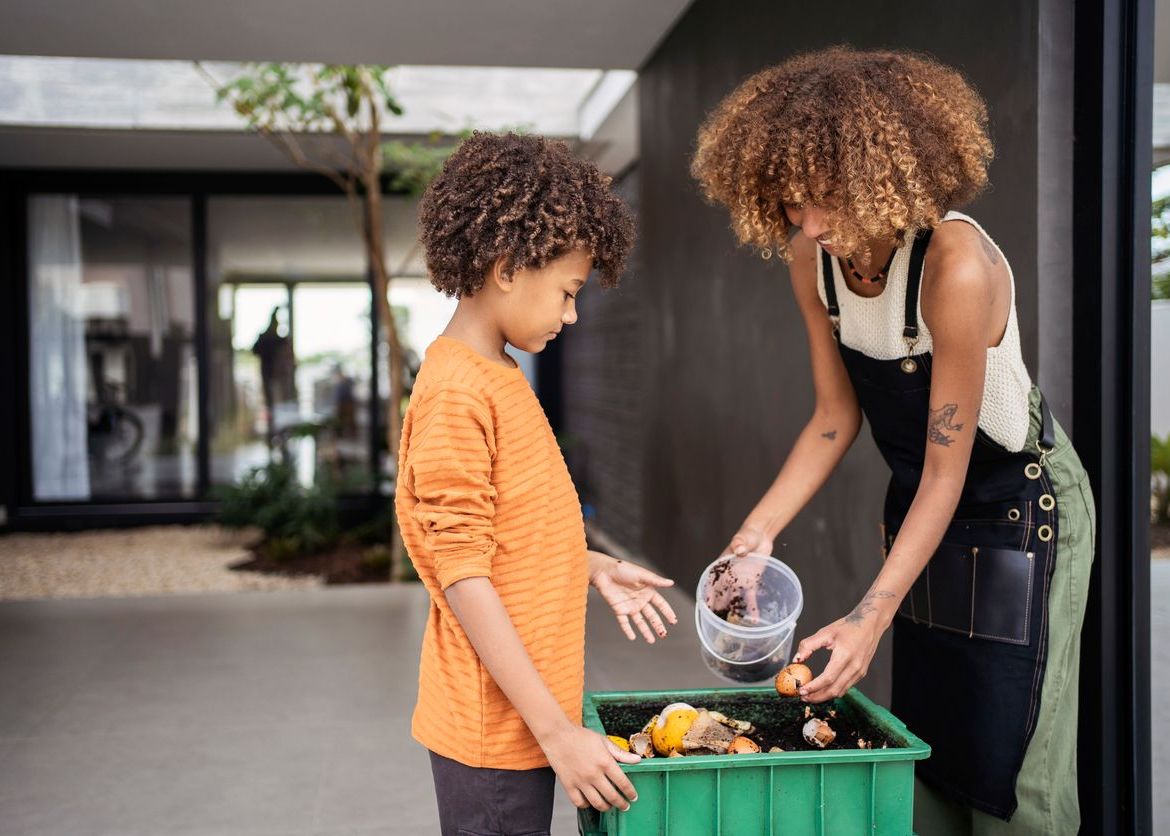Creating a more sustainable home is an excellent goal for the year, and it can offer a plethora of benefits to your pocketbook, your family and the environment as a whole. From financial savings, time savings, to generally reducing your environmental impact, there are numerous reasons to be adding more eco-friendly practices to your day. Thankfully, the process can be simple with a little preparation at home.
Swap for Energy Efficiency
Energy-efficient items in your home offer a lot of benefits, both in reducing your environmental impact and in providing long-term savings when it comes to your utility bills. When it’s time to replace the appliances or extra items in your home, be sure to swap for energy-efficient brands. This year is a great time to switch to LED bulbs to reduce energy consumption whenever you use your lights. Upgrade to energy-efficient appliances, you can look for Energy Star products to ensure that you reap the benefits of less wasted power.
Do a Little DIY
Small DIY projects can pack a punch when it comes to reducing your environmental impact and saving on your utilities throughout the year. Tap into your inner handyman and weatherproof your home. Seal windows and doors to ensure your temperature-controlled air isn’t escaping throughout the year. An easy fix to help bring heating or cooling costs down is to use thermal curtains to further insulate around windows.
Choose Furniture and Home Items Wisely
Choose furniture and general home items wisely. Opt for sustainable materials like bamboo, reclaimed wood or recycled materials for your furniture and home renovation options. Whenever you buy an item for your home, searching for recycled or preowned items can lower upfront costs and ensure that you are creating less waste and rescuing an item that may have otherwise ended up in the trash.
Compost and Garden
Composting and gardening can work hand-in-hand. A small garden can reduce plastic from store-bought packaging, but when you pair that with composting, you are reducing excess food waste and utilizing those scraps to create a natural fertilizer. By incorporating both of these practices into your home and routine you are creating a cycle of sustainability. Even a small kitchen herb garden and a countertop compost bin can help. If you have this space, feel free to scale up as needed.







